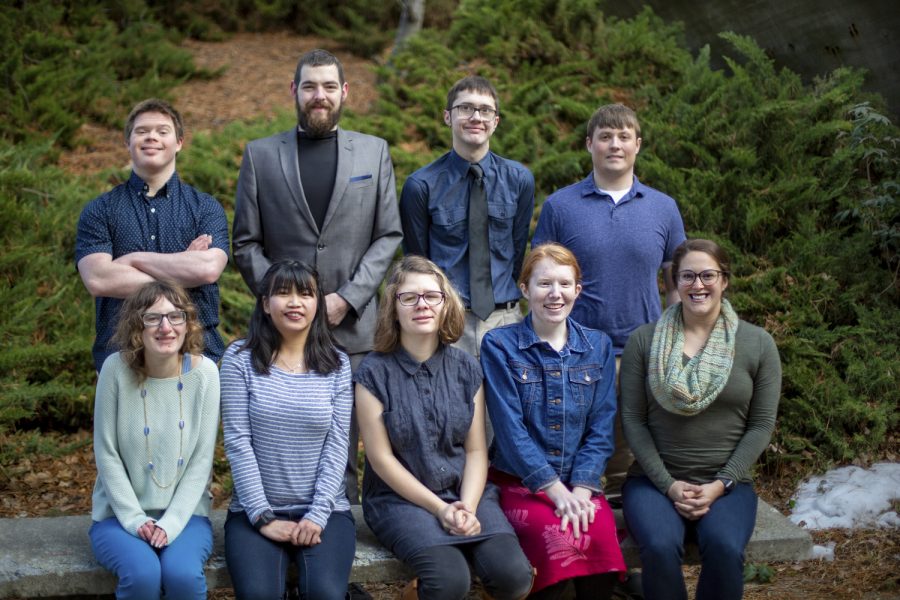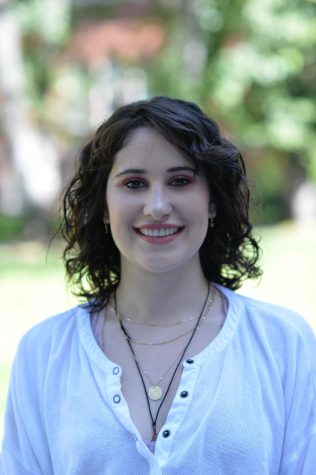ROAR program awarded $2 million
ROAR program helps students navigate the transition to secondary education
The ROAR group, pictured in spring 2020. The program began with four students with intellectual disabilities. It has grown since its inception in 2017 to include 13 students.
October 15, 2020
The WSU ROAR program received $2.3 million to be distributed over the next five years from the U.S. Department of Education’s Transition and Postsecondary Programs for Students with Intellectual Disabilities.
The Responsibility Opportunities Advocacy and Respect program at WSU began with four students with intellectual disabilities and has since grown since its inception in 2017 to now include 13 students.
Kathryn Hirschfelder, ROAR director, said this grant will help fund higher enrollment in the program, as well as add staff to help support these additional students.
“Right now, that’s where a lot of my efforts are focused on are, going out and talking to students, parents, special education teachers, school districts and really trying to work on that recruitment for our prospective students,” Hirschfelder said.
ROAR provides opportunities for students to navigate an already difficult transition into secondary education, said Don McMahon, ROAR co-founder and one of the authors of the grant.
“Some of those challenges are some of the same challenges all of us face as we transition from high school to greater independence, is getting used to living away from home,” he said.
Students in ROAR often live in student housing on their own, McMahon said. The mentors at ROAR offer assistance and support if they need it, he said.
ROAR also helps these students get career opportunities and in-field work experience, he said.
Hirschfelder said as program coordinator, she reached out to supportive Pullman businesses to get local internships for students who want to expand into retail and other fields. The idea is to give students the tools to pave their own professional path, she said.
“That’s the biggest thing this grant provides, is this person-centered planning,” McMahon said.
They hope to also use the grant money to expand advocacy and outreach, with the goal of creating a more inclusive campus, Hirschfelder said.
McMahon said the grant’s sponsors as well as WSU donors and local legislators have helped expand and support this program, the first of its kind in the region.
“WSU from the beginning has provided incredible support for the ROAR program,” he said.
It is not uncommon to find parents and teachers who did not know of its existence, McMahon said, and they want to change that through outreach.
“I know that those areas might seem kind of abstract to those that are maybe outside of the program,” Hirschfelder said. “But really the goal is to build on the strength of the program, and really be able to expand and reach a larger group of students who are needing these higher education services.”










